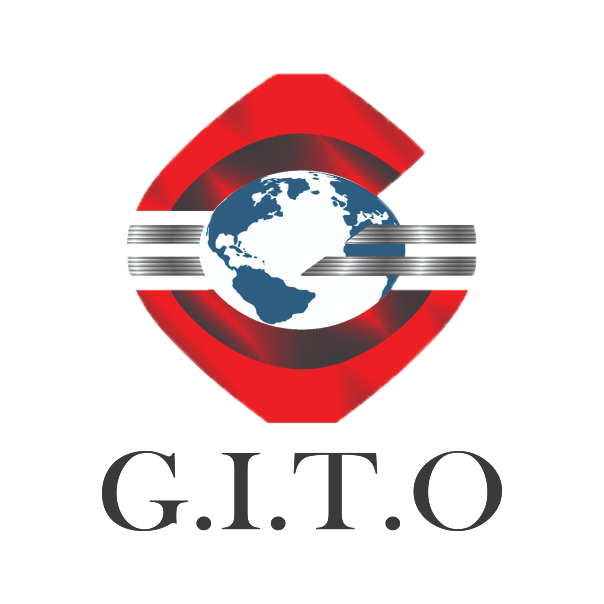Blockchain technology has gained significant traction in various industries over the past few years, revolutionizing the way data is stored, shared, and protected. One of the most promising applications of blockchain technology is in the healthcare sector, where the need for secure and transparent record-keeping is paramount. In this article, we will explore the potential impact of blockchain technology on healthcare records and the challenges that need to be addressed for its widespread adoption.
Blockchain technology is a decentralized and distributed ledger that records transactions across multiple computers in a secure and transparent manner. Each block in the blockchain contains a timestamped list of transactions, which are linked to previous blocks, forming a chain of blocks. This makes it virtually impossible to alter or tamper with the data stored on the blockchain, ensuring the integrity and security of the information.
In the healthcare industry, maintaining accurate and secure patient records is crucial for providing high-quality care and ensuring patient safety. Traditional methods of storing healthcare records, such as paper-based files or centralized electronic health record (EHR) systems, pose significant challenges in terms of security, accessibility, and interoperability. Data breaches and unauthorized access to patient information are common concerns in the healthcare sector, highlighting the need for a more secure and transparent solution.
Blockchain technology has the potential to address these challenges by providing a secure and decentralized platform for storing and sharing healthcare records. By utilizing cryptography and distributed consensus mechanisms, blockchain Anex System technology can ensure the integrity and confidentiality of patient data, while enabling seamless access and sharing of information among healthcare providers, patients, and other stakeholders.
One of the key benefits of blockchain technology in healthcare records is the ability to create a permanent and tamper-proof record of patient information. Each transaction on the blockchain is time-stamped and verified by multiple parties, making it virtually impossible to alter or delete data retroactively. This can help prevent data breaches, fraud, and unauthorized access to patient records, improving the overall security and trustworthiness of the healthcare system.
Another advantage of blockchain technology is its potential to improve the interoperability and exchange of healthcare records across different healthcare providers and systems. Currently, healthcare records are often siloed within individual healthcare facilities or systems, making it challenging for patients to access their complete medical history or for healthcare providers to coordinate care effectively. By using blockchain technology, healthcare records can be securely shared and accessed across multiple platforms and organizations, enabling seamless data exchange and collaboration among all stakeholders.
In addition to improving security and interoperability, blockchain technology can also enhance transparency and accountability in healthcare records. Since each transaction on the blockchain is recorded and verified by multiple parties, all changes to the data can be tracked and audited in real-time. This can help reduce errors, discrepancies, and inaccuracies in healthcare records, leading to better quality of care and outcomes for patients.
Despite the potential benefits of blockchain technology in healthcare records, there are several challenges that need to be addressed for its widespread adoption. One of the main challenges is the scalability of blockchain networks, as current blockchain platforms may not be able to handle the massive volumes of data generated in the healthcare industry. In addition, regulatory and legal issues, such as data privacy and consent, need to be carefully considered to ensure compliance with existing laws and regulations.
Another challenge is the integration of blockchain technology with existing healthcare systems and infrastructure. Many healthcare facilities still rely on legacy systems and paper-based processes for storing and managing patient records, making it difficult to transition to a blockchain-based solution. In order to overcome this challenge, healthcare organizations need to invest in new technology and infrastructure, as well as provide training and support for staff to adapt to the new system.
Despite these challenges, the future of blockchain in healthcare records looks promising, with the potential to transform the way patient data is managed, shared, and secured. By leveraging the benefits of blockchain technology, healthcare organizations can improve the efficiency, security, and quality of care, ultimately leading to better outcomes for patients and healthcare providers alike. As blockchain technology continues to evolve and mature, we can expect to see more widespread adoption of blockchain in healthcare records, paving the way for a more connected, transparent, and patient-centric healthcare system.
